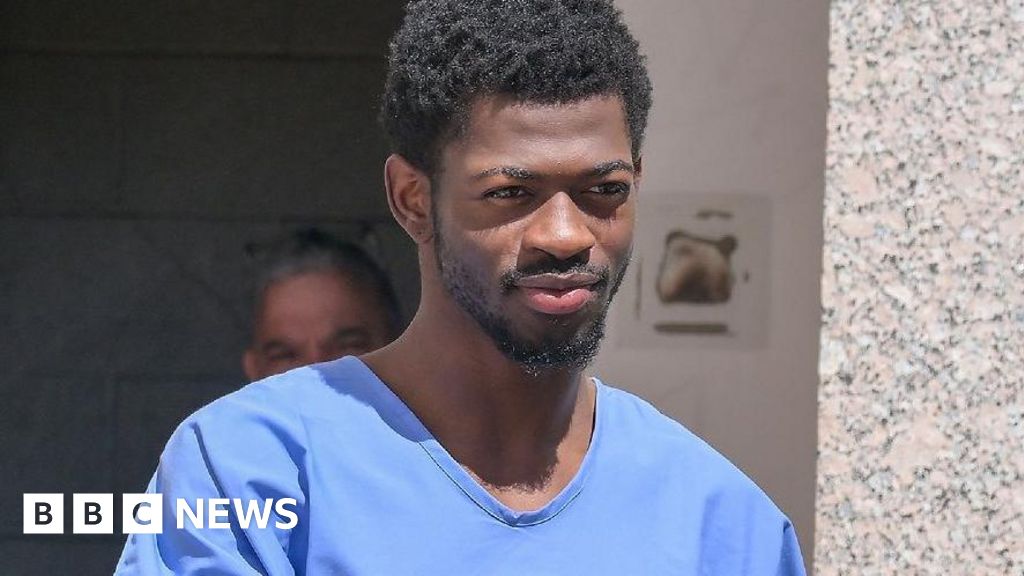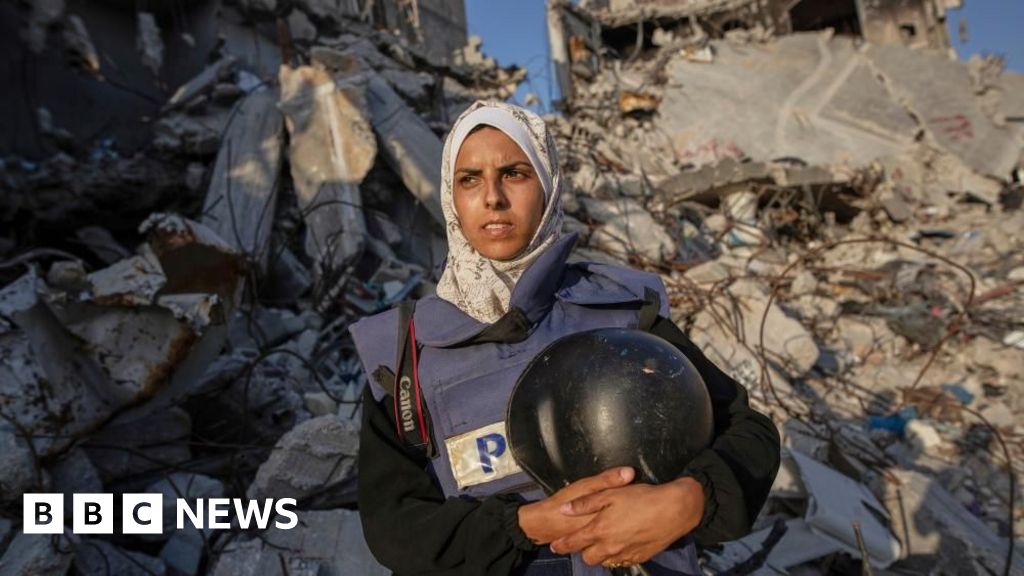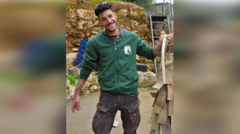James Harrison, famed for being one of the world's most remarkable blood donors, has passed away in a nursing home in New South Wales, Australia, at the age of 88. Known affectionately as the "man with the golden arm," Harrison's remarkable blood plasma contained an antibody called Anti-D, which has been critical in saving the lives of over two million babies.
His family revealed that Harrison died peacefully in his sleep on February 17. The Australian Red Cross Blood Service praised Harrison for his lifetime commitment to donation, which began after he received blood transfusions following major chest surgery at the age of 14. From the age of 18, he donated his blood plasma every two weeks until the age of 81, making an indelible mark on the field of medicine.
In 2005, Harrison held the world record for the highest amount of blood plasma donated, a title he maintained until 2022. His daughter, Tracey Mellowship, highlighted her father's pride in saving so many lives without pain or cost, stating, "He always said it does not hurt, and the life you save could be your own." In fact, Mellowship and two of Harrison's grandchildren also received Anti-D immunizations, a testament to his profound impact on their lives.
The Anti-D injections protect unborn children from hemolytic disease of the fetus and newborn (HDFN), a condition that can arise when maternal blood is incompatible with that of the fetus. Before the advent of Anti-D treatments in the 1960s, the prognosis for babies afflicted with HDFN was grim, with one in two cases resulting in death.
The exact nature of Harrison's unique blood is still unclear, though some suggest that the extensive blood transfusions he received as a teenager could have contributed to it. In Australia, there are approximately 200 active Anti-D donors, providing lifesaving assistance to about 45,000 mothers and babies annually, as noted by the Australian Red Cross Blood Service, also known as Lifeblood.
In pursuit of innovative solutions, Lifeblood has partnered with the Walter and Eliza Hall Institute of Medical Research to develop methods for growing Anti-D antibodies in the laboratory. Their aim is to replicate Harrison’s unique blood and offer necessary aid to pregnant women around the globe. David Irving, Lifeblood's research director, termed this endeavor a “holy grail” of research, aiming to address the pressing issue of a limited donor base capable of producing high-quality antibodies.





















